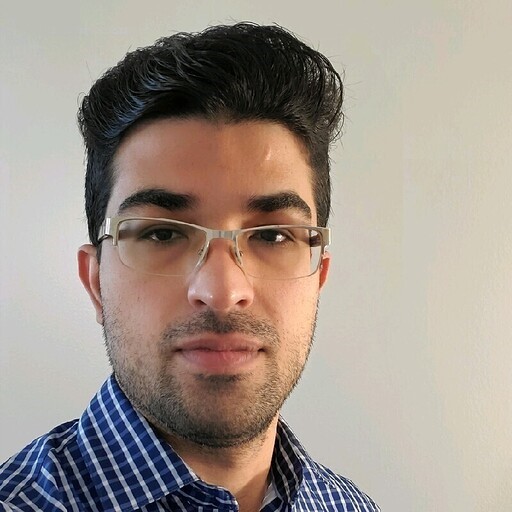
- This event has passed.
ESE Ph.D. Thesis Defense: “Inverse design for engineering complex light-matter interaction”
April 21 at 12:00 PM - 2:00 PM
The inverse design paradigm has emerged as a transformative approach for the synthesis of nanophotonic structures, offering a powerful alternative to conventional intuition-driven design. By approaching photonic device design as a computational optimization problem, inverse design enables the systematic exploration of high-dimensional parameter spaces to uncover non- intuitive structures that meet complex performance targets. This dissertation advances the application of inverse design methodologies across multiple photonic platforms, spanning from silicon photonics to lithium niobate, and targets critical functionalities, including analog optical computation, nonlinear power limiting, compact second-harmonic generation, efficient electro- optic modulation, and flat antennas with desired radiation properties.
The first part of the thesis focuses on the design of compact, planar silicon photonic structures for wave-based analog computation. Using topology optimization, I designed and demonstrated a spatially patterned monolithic silicon slab structure that performs optical vector–matrix multiplication by manipulating in-plane modes. Through a collaborative effort with the Aflatouni group, this device, fabricated using a CMOS-compatible process, validates the ability of inverse design to encode mathematical operators on light propagation through patterned, compact, and mass-producible photonic architectures.
The second part of the thesis introduces an inverse-designed three-port Kerr nonlinear cavity that realizes optical intensity limiting. By tailoring the nonlinear response of a high-Q cavity under increasing optical input power, the design achieves dynamic power redistribution between ports, suppressing excess transmission in a self-regulating manner. This structure demonstrates how inverse design can be employed to precisely engineer a cavity-modal structure and nonlinear interactions to achieve dynamic functional behavior such as optical limiting.
Building upon these insights, the third part addresses the challenge of designing efficient and compact electro-optic (EO) modulator devices based on lithium niobate on insulator (LNOI). Traditional modulators face trade-offs among voltage-length product, footprint, and bandwidth. Here, I present an inverse-designed EO phase modulator cavity that substantially reduces a phase modulator footprint from traditional cm-long waveguides into a micron-scale cavity featuring similar phase modulation performance. This significant reduction in size highlights the potential of inverse design to enable scalable, high-density modulator architectures for applications in optical computing and high-speed data transmission.
Throughout the thesis, I develop and employ a general framework for photonic inverse design based on the time-harmonic Maxwell equations, adjoint sensitivity analysis, and density-based topology optimization. This framework is adapted to accommodate platform-specific constraints, including fabrication limitations and incorporating material nonlinearities for novel functionalities, while enabling the design of freeform photonic structures with thousands of degrees of freedom. The designs presented in this dissertation outperform conventional counterparts and highlight inverse design’s power to fundamentally reshape how we conceive, engineer, and deploy photonic systems.

Vahid Nikkhah
ESE Ph.D. Candidate
Vahid Nikkhah is a final-year Ph.D. student at the University of Pennsylvania in the Department of Electrical and Systems Engineering, advised by Nader Engheta. His research focuses on inverse design, nanophotonics, and wave-based analog computation, with applications in nonlinear optics and electromagnetic systems. Previously, he obtained his B.S. from Isfahan University of Technology (IUT).
